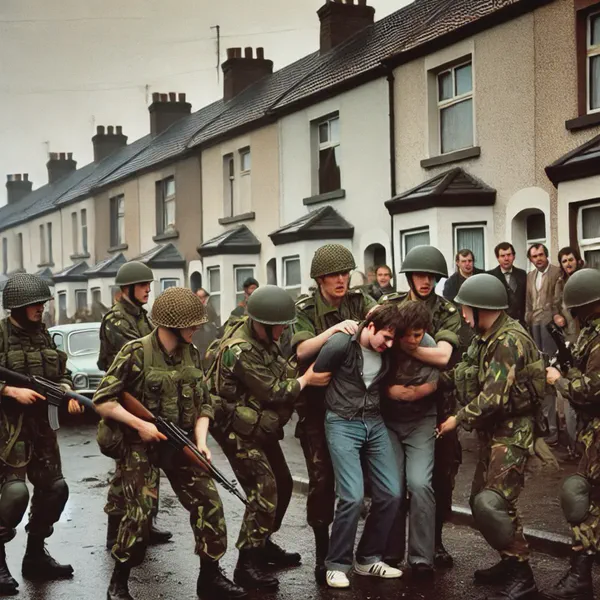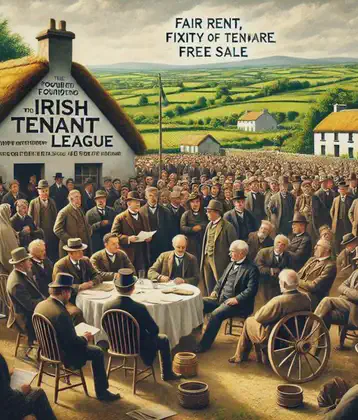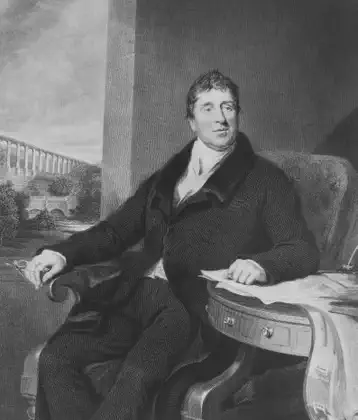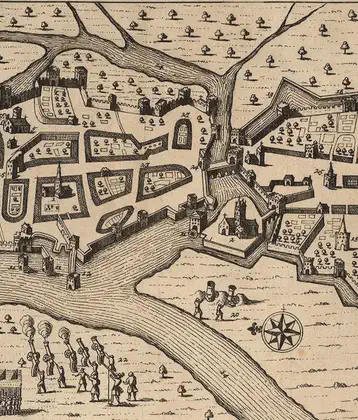On August 09, 1971 in Celtic History
Indefinite internment without trial or charge instituted by england in six counties of northern ireland.

Indefinite internment without trial or charge was instituted by the British government in Northern Ireland on August 9, 1971, during a period of intense conflict known as “The Troubles.” This policy, known as Operation Demetrius, was primarily aimed at detaining members of the Irish Republican Army (IRA) and others suspected of involvement in paramilitary activities against the British state.
Context
- The Troubles: A violent conflict that lasted from the late 1960s until the Good Friday Agreement in 1998. It involved Irish republican and nationalist groups, loyalist and unionist groups, and the British security forces.
- Rising Violence: By 1971, violence had escalated significantly, and the British government was under pressure to take decisive action to restore order.
Operation Demetrius
- Implementation: On August 9, 1971, British Army troops, alongside the Royal Ulster Constabulary (RUC), began arresting and detaining suspected IRA members and other nationalist activists. The initial raids targeted hundreds of individuals across Northern Ireland.
- No Trial or Charge: Those arrested were interned without trial, meaning they could be held indefinitely without being formally charged with any crime. The decision to intern someone was based on secret evidence, often intelligence reports, that the detainees were not allowed to see or challenge.
Impact and Backlash
- Community Response: The internment policy led to widespread anger within the Catholic and nationalist communities, who saw it as a form of collective punishment. Many of those interned were not involved in any paramilitary activity, leading to further alienation.
- Increase in Violence: Instead of quelling the violence, internment exacerbated it. The IRA and other paramilitary groups used the policy as a recruiting tool, and the number of attacks on British forces increased.
- International Criticism: The policy drew widespread criticism internationally, particularly from human rights organizations. It was seen as a violation of civil liberties and human rights.
End of Internment
- Phasing Out: Internment continued in various forms until 1975 when the policy was officially ended. By then, it had become clear that internment had failed to achieve its objectives and had instead deepened the conflict.
Internment without trial remains a highly controversial chapter in the history of The Troubles, symbolizing the broader struggle between the British state and Irish nationalist aspirations.
More From This Day


